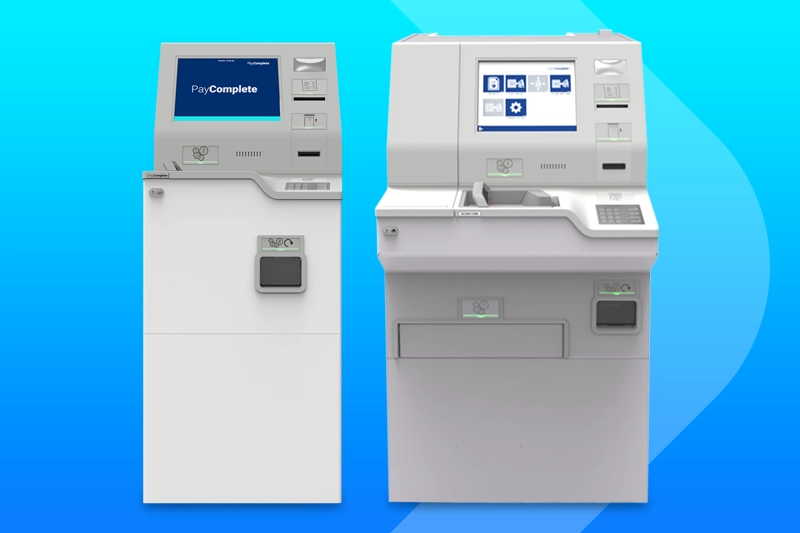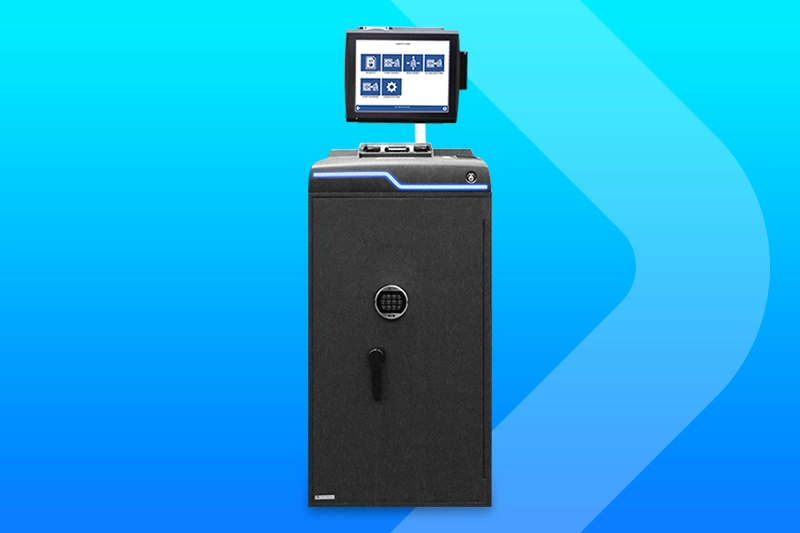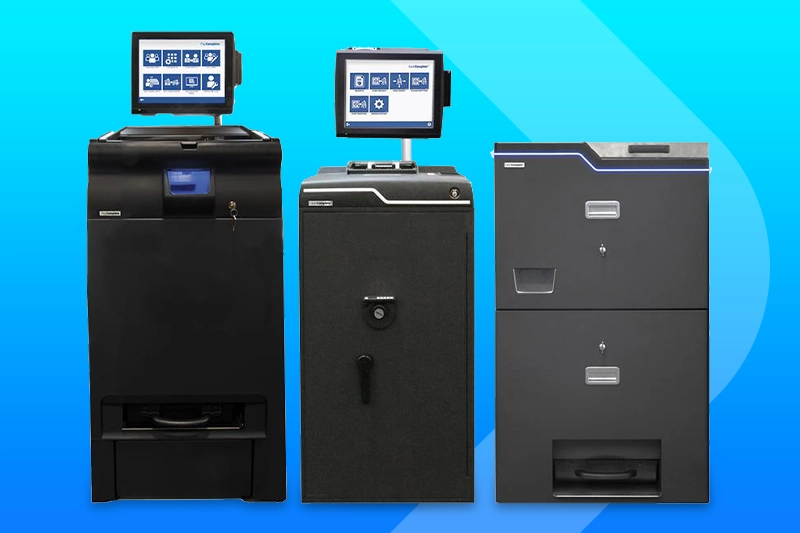The number of payments made using physical cash has risen for the first time in a decade, with a 7% increase compared to 2022 figures, according to UK Finance. This is a clear signal to finance directors that cash is still an important part of daily life for both businesses and consumers when paying for certain products and services.
A world without cash is clearly a long way off so it’s important to consider how your business can accommodate that while keeping costs of cash transactions to a minimum.
The financial impact of cash transaction processes on your business is crucial for understanding overall financial performance and efficiency. Here are few suggestions to assess the implications of cash transactions on your business or organisation.
The financial impact of cash transaction processes on your business is crucial for understanding overall financial performance and efficiency.
Assessing the impact of cash transactions
1. Cash Flow Analysis
To understand how cash is generated and used within the business take some time to analyse your cash flow statement. By assessing the timing and predictability of cash inflows and outflows, you can better predict how they are affecting the liquidity of the business.
2. Cash Conversion Cycle
A shorter cash conversion cycle is often indicative of better cash management. Calculating the cash conversion cycle will measure the time it takes for cash to be invested in inventory, sold, and collected cash management.
3. Cash-to-Cash Cycle
A shorter cash-to-cash cycle indicates improved efficiency. Examining the cycle will allow you to measure the time it takes a business to convert cash spent on raw material into cash received from customers.
4. Cash Handling Costs
It’s important to calculate the costs associated with handling cash, including counting, storing, and transporting cash.
5. Working Capital Management
Review the level of working capital, including cash, accounts receivable, and inventory. This will determine if there is any excessive cash tied up in inventory or accounts receivable, and inventory.
6. Forecasting and Budgeting
Compare actual cash transaction data to the budget and forecasts to identify variances and trends. You can then adjust future financial plans based on the insights gained.
Other ways to mitigate the costs of cash
Opportunity Cost of Cash
Depending on your business model, assess the opportunity cost of holding excess cash. Money held as cash in hand or in low-yield accounts could potentially be invested for better returns.
Risk Management
Evaluate if you have any risks within the business associated with keeping large amounts of cash on hand, such as theft, loss or inflation eroding its value.
Internal Controls
The need for strong internal controls is often overlooked but can play a big part in preventing the mishandling and theft of cash. Regularly auditing cash handling processes helps to maintain transparency and sustainability.
Technology and Automation
Consider implementing technology solutions like cash management software to work alongside connected front and back of house devices. This can significantly streamline cash processes and improve efficiency.

The number of payments made using physical cash has risen for the first time in a decade, with a 7% increase compared to 2022 figures, according to UK Finance.
By elevating the sophistication and intelligence of cash management to match the simplicity of digital payments, you can create a unified omnichannel approach.
Unify Cash and Digital Payments
Consider the benefits of integrating seamless cash and digital payment integration within your business. By elevating the sophistication and intelligence of cash management to match the simplicity of digital payments, you can create a unified omnichannel approach. This provides a single comprehensive view of your organisation encompassing both cash and digital payments together.
Why PayComplete
PayComplete understands the value of automation and streamlining of financial processes. Our efficient technology-driven cash management solutions can help deliver your goals of optimising cash handling, reducing errors, and enhancing operational efficiency.
Access to real-time reporting and analytics of your cash and digital payments together will enable you to make more informed decisions, track cash flow, and improve financial forecasting.
Conclusion
Assessing the financial impact of cash transactions to your business requires a truly unified commerce system and seamless transactional systems.
A hybrid approach offers a balanced and secure strategy to increase the financial health of your company or organisation, leveraging the strengths of both cash and digital payment solutions.
Related Posts










